The glass is always full, never empty.
“Science and art belong to the whole world; and before them vanish the barriers of nationality” – Johann Wolfgang von Goethe, German poet, novelist and dramatist (1694-1778)
Happy to reach 150 newsletters – week by week – with you; because it’s very enriching for me, knowing that I have a moment in the week separate from other moments, to write to you trying, through this art, to bring science and humanism together. For the human mind to accept the polarities, the technical and the spiritual, as tools for a same objective: to keep on living in society – with its cultural diversity – but in harmony with Nature.
And, once more, there I go. With some example of our daily and repetitive reality, trying to break it down.
I usually buy in the local coooperative’s supermarket of La Pampa, prices are much lower and in certain way one contributes less with the big supermarket chains… Enormous chains, that are very audacious, as they practice their swiftness in all its splendor when, for example, they ask you if you want to donate your change in cents to X foundation.
And they kill two birds with one stone: they avoid some taxes (as they perform such a generous action), and save themselves from the change problems, the coins, PLING-REGISTER, that’s it, thank you, good bye, hello, good afternoon, cash or credit card?
Eduardo Galeano, knows how to say that charity is vertical, so it’s humiliating. It goes from the top to the bottom. Solidarity is horizontal. It respects others and learns from others. In other words, I prefer to contribute with my grain of sand through other channels, maybe in a more direct way
I don’t know why but the concept of the citizen that feels satisfied because he donated his change, and gets home only to turn on the TV, have a quick dinner, and goes to sleep, doesn’t convince me. Comfortable people in their comfort zone…
And, in the words of José Ortega y Gasset, “the fool doesn’t suspect himself: he believes he’s very discrete, and that’s the source of the enviable tranquility with which the foolish one settles and installs himself in his own ineptitude. (…) This is typical of our times: not that the vulgar person believes he’s outstanding, but that he proclaims and imposes the right of vulgarity, or vulgarity as a right”. But the silly one gets mad, he feels offended:
<<<I work honorably every day, so if I want to get home and make zapping for three hours watching dancing contests, or the noble representatives of society in the gossip programs, the football tournaments of foreign countries, the dark news or the repeated movies, I have the right to do it, because I worked and earned the money to do so. They paid me from my job, so I have the right to do whatever I want to, not to worry about anyone but me…>>>
This kind of life vision simply doesn’t convince me…
As I was telling you, that this week, as I went to the supermarket, I lived a situation in which a man of about 55 years old and me were standing in front of the yerba mate calculating and comparing the different prices available for our daily mate… Finally, the man makes up his mind and gets a pack of yerba from the very bottom, the last shelf, a pack I hadn’t even seen. And, in effect, it was the most economic one, it had the same Brand as the supermarket (more local impossible, I thought), and I say to the guy:
– ¡Ah! ¡Look at that…! Is that yerba good??
– Look, it’s the same… it has the same pesticides, fertilizers and all the same chemicals as all the fields in our country; we are all going to end up getting sick no matter what yerba we buy.
(I had to get a little bit defensive, defending a posture perhaps a little bit more optimistic at that moment)
– Yes, don’t worry, I study engineering of the natural resources and environment and I promise that I’ll work to change this situation…
– Do you know what will happen to you? You will get your degree, and you’ll end up working for a business giving permissions to keep on contaminating everywhere…
I told him not to worry, that I had no plans of radically changing my values and beliefs in exchange of a prominent salary…The man insinuated an unbelieving smile, he greeted me politely and left. But I kept on thinking A LOT about this man, mainly his totally despaired and unbelieving stance towards life. Of not being able to see a little bit further…
And it’s not only him, but young people as well, that strongly believe that it’s all already lost. That given the actual situation, of massive destruction of our ecosystems, of excessive contamination, legitimized by an absolute ignorance about the depuration times of our planet’s natural system. Ignorance, which is mixed with mere indifference, regarding our ecological role in the world.
It’s true, given the conditions, that everything can go to hell, everything can go wrong…it’s true, why lie about it? But there‘s the exact same possibilities of everything turning out well, that we manage to socially evolve towards something better, SOMETHING MORE REAL.
And I strongly believe that it’s in all of us to know what attitude to take before life. Mainly, an attitude that allows us to have a clear conscience when we go to sleep at night. In the words of Ortega y Gasset, “we can perfectly desert our most authentic destiny; but it’s to fall prisoners in the inferior floors of our destiny”. It’s a question of attitude, for us to take our decisions accordingly.
An effective way to slow the pace down, of trying not to fire up with the bad things and not to emotionally block oneself with what one does, but to get motivated with the good things, is to contemplate, look, perceive, feel nature. It sounds banal, but in the contrary, it’s a deep moment self-induced by us.
“Walking through the jungle is knowing that one knows nothing. The jungle produces an extreme awareness of your own smallness, of your ignorance: there, right next to your muddy boot, beyond that tree, beyond that swamp there are so many things happening that you aren’t able to watch or deal with – and they do happen. (…)
Buy walking through the jungle not only means ignorance, but, above all, the extreme awareness of that ignorance. That awareness appears because we decide to observe our ignorance, because we travel many hours to get ourselves into the situation of observing it. It’s easier this way. In reality, in order to be aware of our ignorance it would be enough to stare any starry night, or to think for five minutes in the infinity of biochemical processes necessary to think for those five minutes or, even, trying to understand Argentina – or something like that. Maybe – I suspect – going to the jungle or to any unknown place – in other words, to travel-, helps us not to think that we neither understand what’s ours, what’s close to us.” – Martín Caparrón (2006)
“More than all the wise men together,
the gentle breeze of a spring-like forest
can instruct you about men,
about the moral evil and good.” – William Wordsworth, English poet (1770-1850)
The thing is that we don’t give ourselves those moments anymore… maybe for some people they are a waste of time, a cliché, maybe even an ideal way of thinking. However, the attention paid to nature calms you down. And when you calm down you pay more attention to what you do. And when you pay attention to what you do, the more aware you are. And only with self-awareness we can ask ourselves if we really want to do what we are doing…
In the back part of his diary book, Chris McCandless (his story known for the movie “Into the Wild”) wrote during his isolated days in the “Magic Bus”:
“Deliberate Living: Conscious attention to the basics of life, and a constant attention to your immediate environment and its concerns, example à A job, a task, a book; anything requiring efficient concentration (Circumstance has no value. It is how one relates to a situation that has value. All true meaning resides in the personal relationship to a phenomenon, what it means to you).”
Until next week,
Brian Longstaff.-
Ps: a brief and potent poem…
“SOLAR FIRE IN JANUARY, EXPLOSION!
I believe that lots of them believe the joke,
of constant happiness
and then they are hopeless their whole lives.
To me, happiness is a fruit
amongst all the others,
one, no more or no less.
Clarity is the same as darkness,
Or very similar if you prefer it.
I prefer darkness
which is also beautiful.
I leave light to the ones who are asleep
To those who have their souls tied up
and those who suffer for not knowing how to love.
And not as compassion, but as a gift.
But once in a while, I borrow it from someone.
We have to learn to taste all the fruits
To know what each one taste like.
Don’t let them sell you shit instead of fruits.
There’s a modern spiritual philosophy which I quite sympathize with,
But they forget that the world is also matter.
Organic and burning.
LETS BURN! – Jenny Ríos, hermiga, writer and poet. (Thank you)
Bibliography.
- José Ortega y Gasset (1927). “Rebellion of the masses”. Hyspamerica Ediciones Argentina S.A. Argentina, 1983.
- Martín Caparrós (2006). “El Interior”. Seix Barral 6ta edición, Buenos Aires, 2010.
- Jon Krakauer (1996). “Into The Wild”. First Anchor Books Edition. New York, February 1997.
- Isaac Asimov y Jason A. Shulman. “Citas sobre Ciencia y Naturaleza”. Maeva Ediciones S.A. España. 1989.
Fotos extracted from Google – there are two pictures of the well known Pawel Kuczynski – and the last three fotos were taken by me!




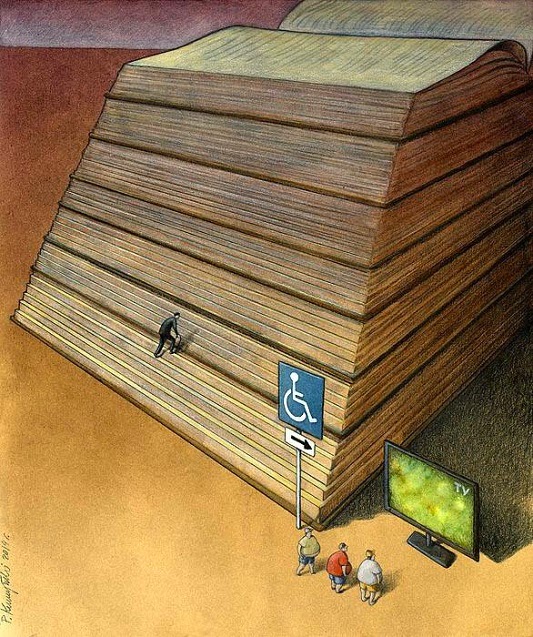
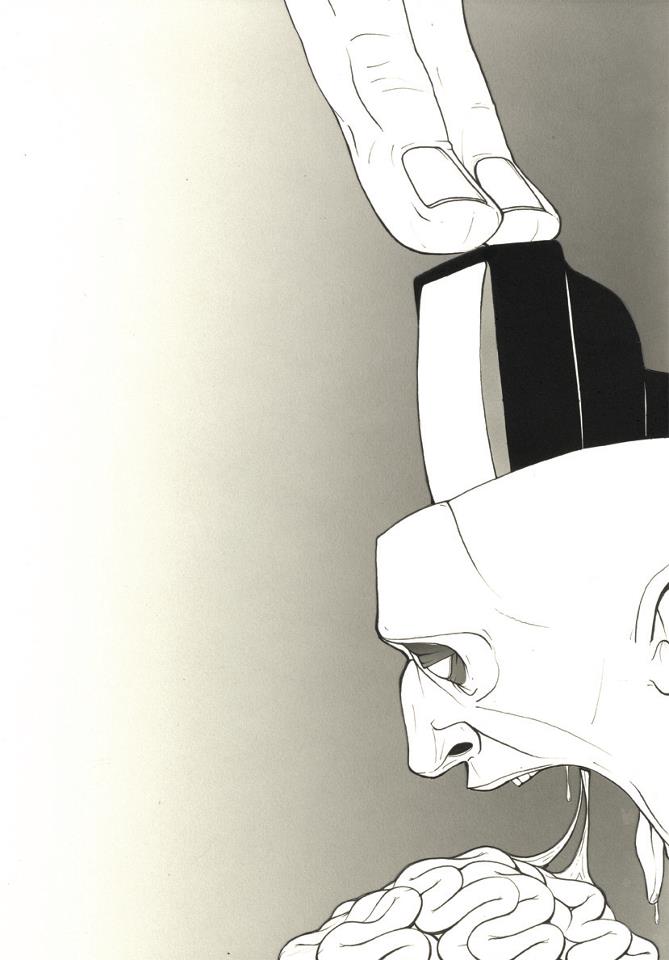
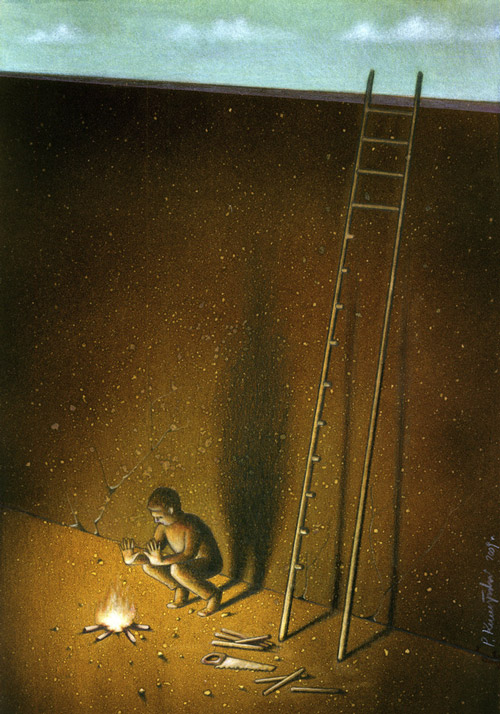
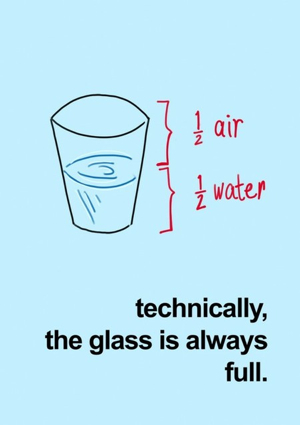
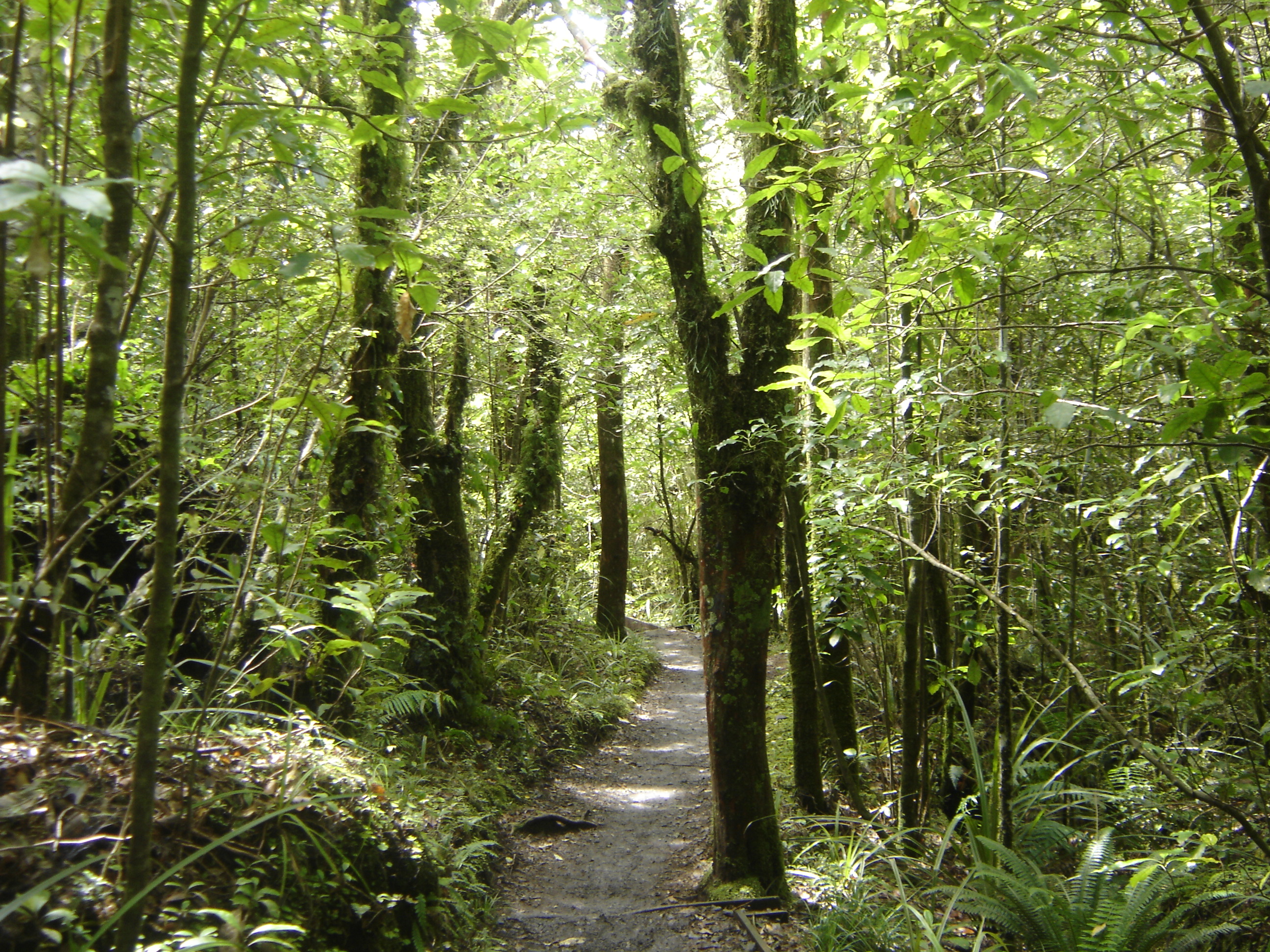
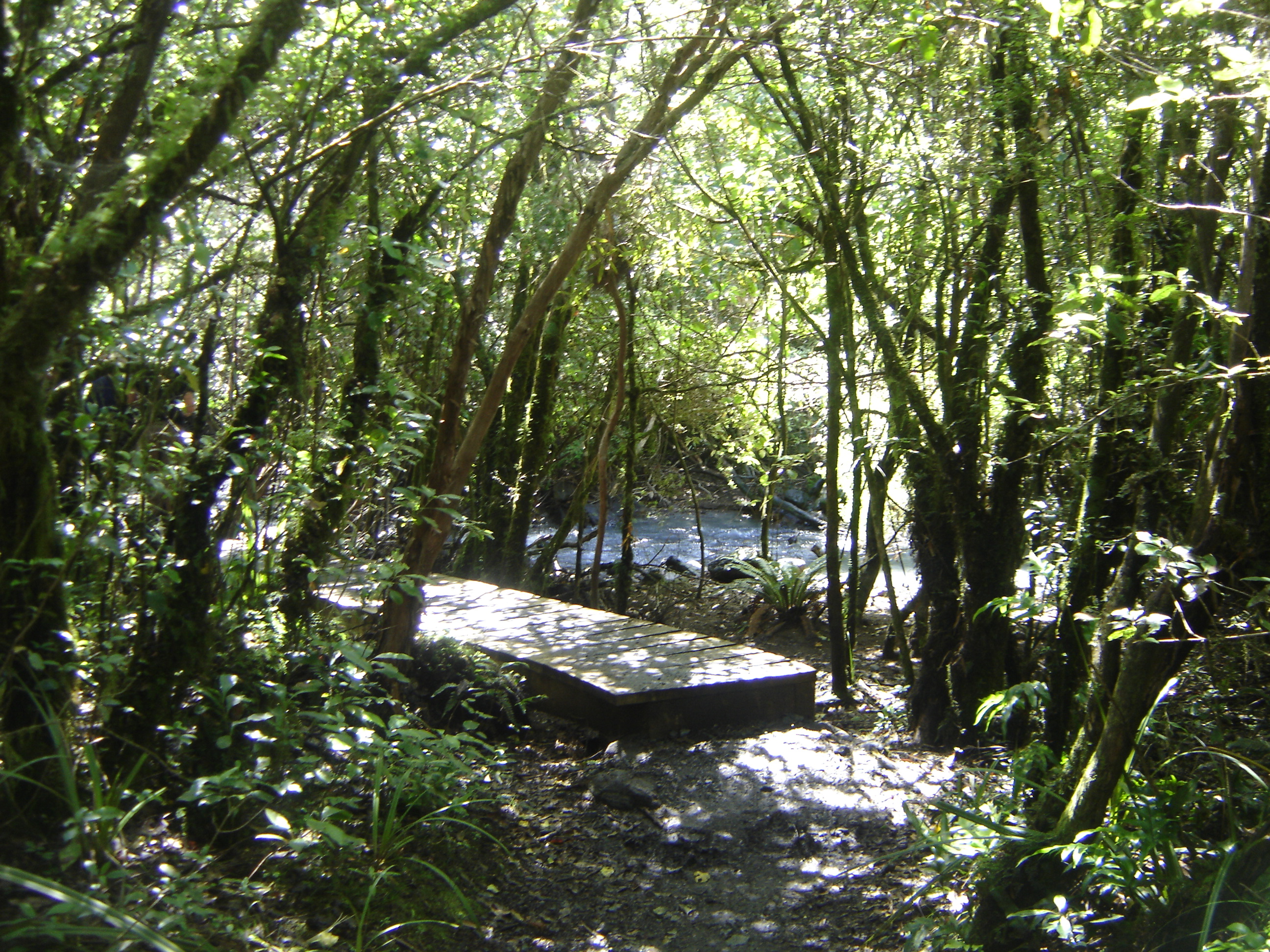
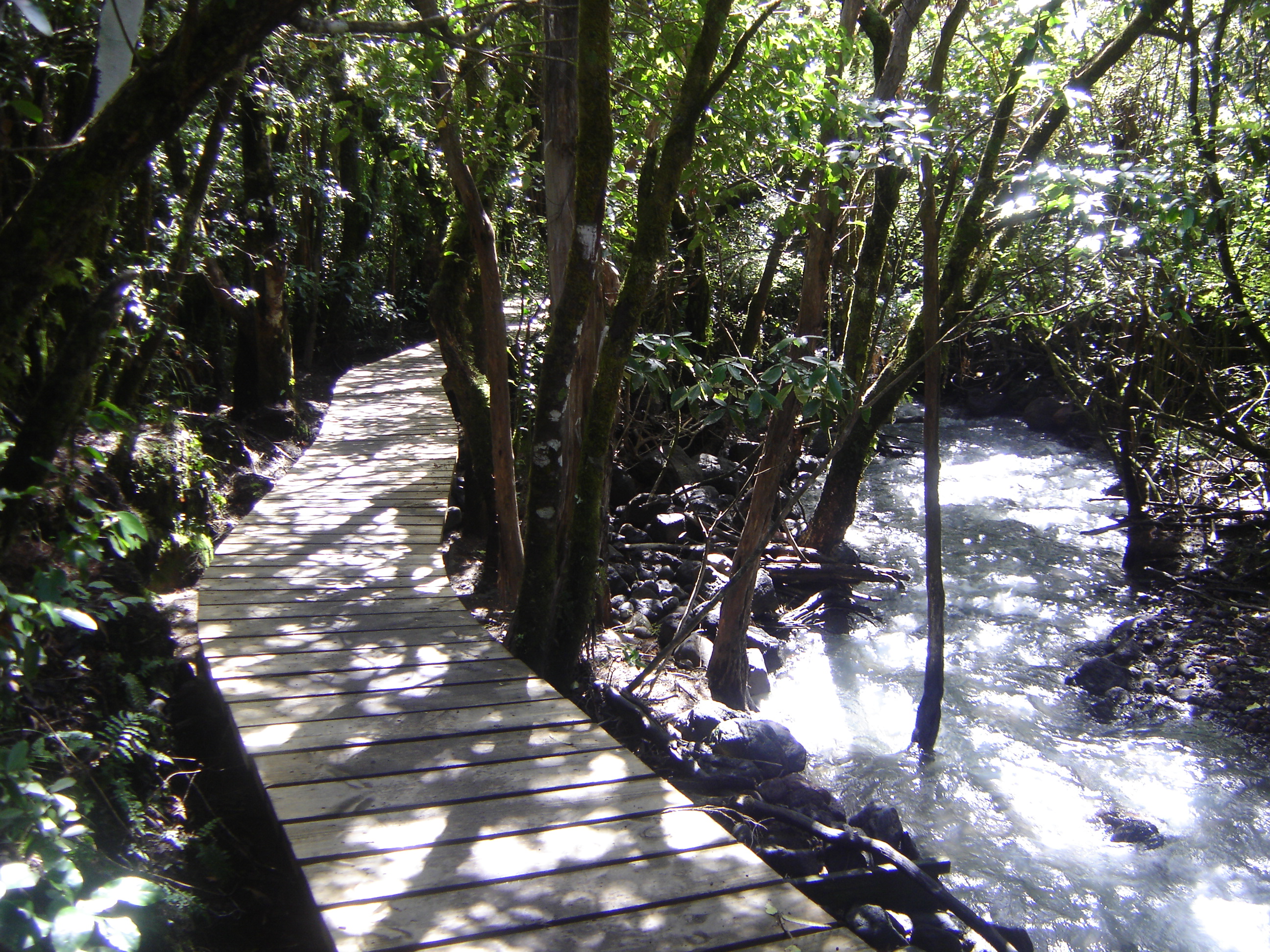
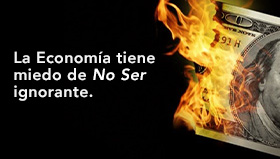
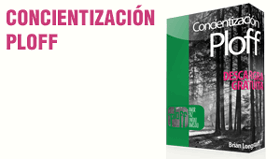
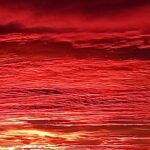


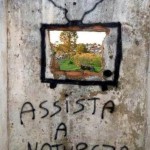

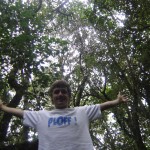

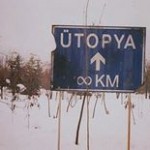
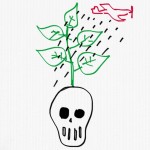
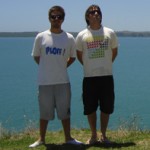
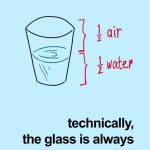
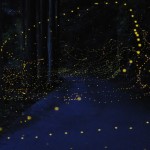

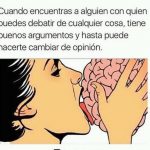
Leave a Comment